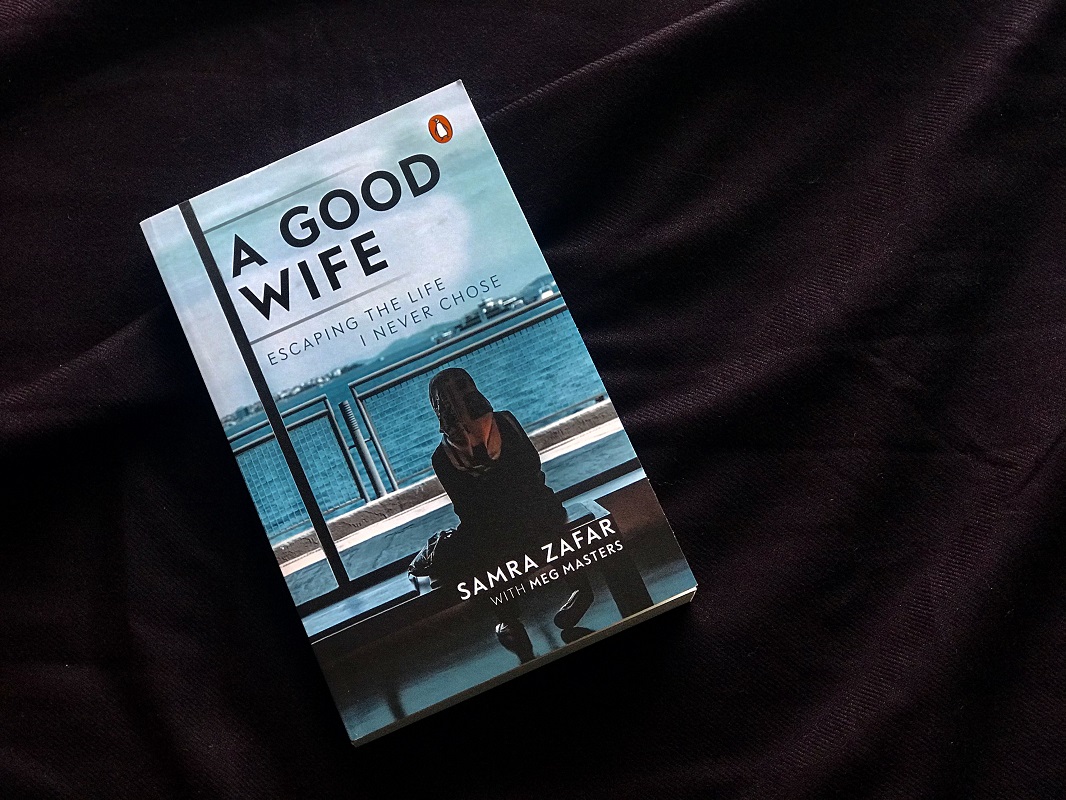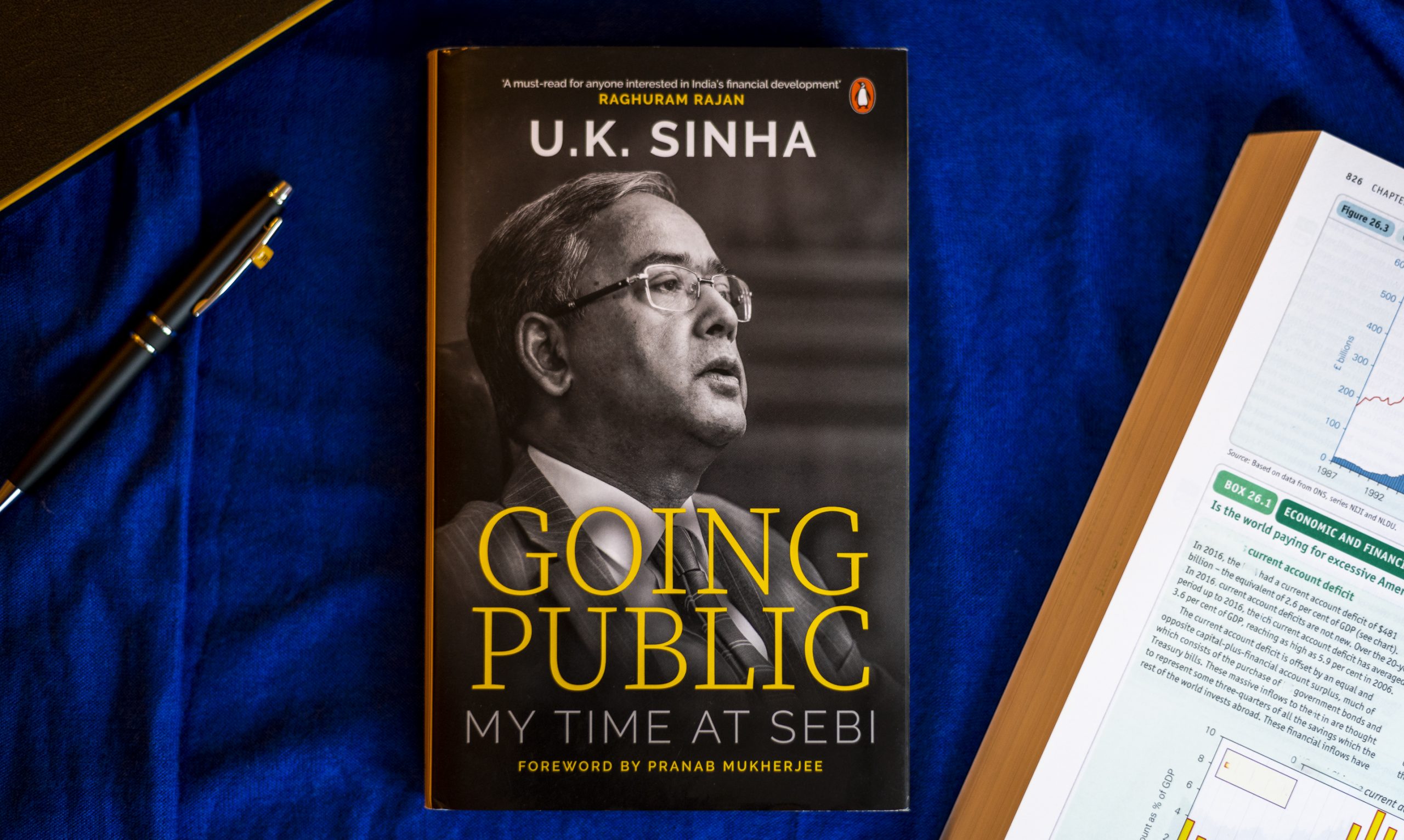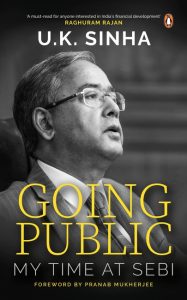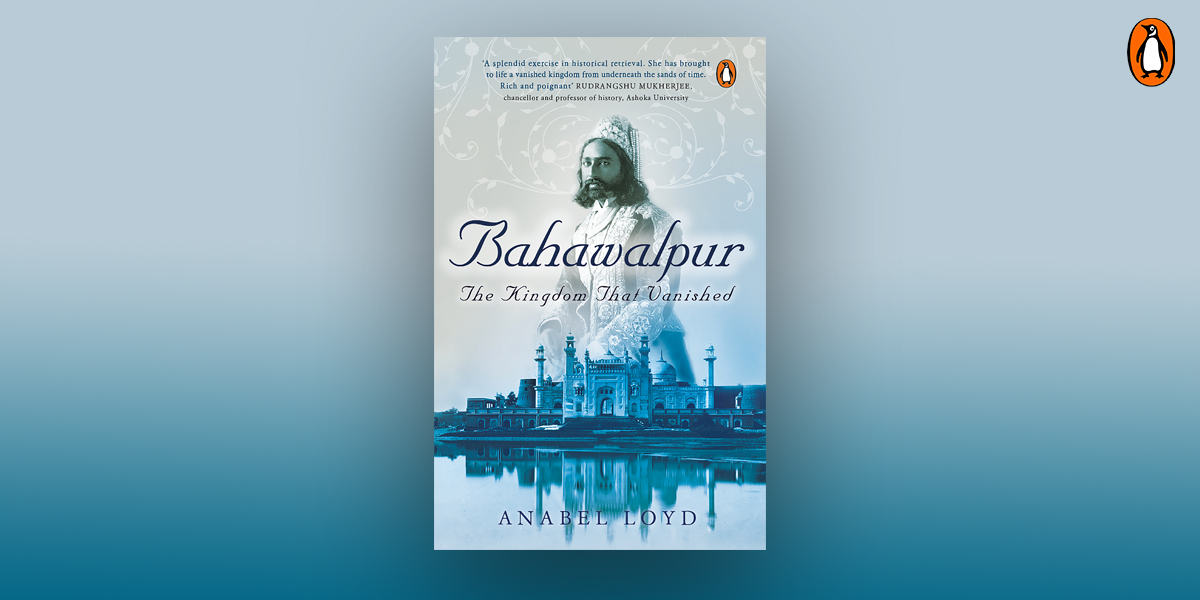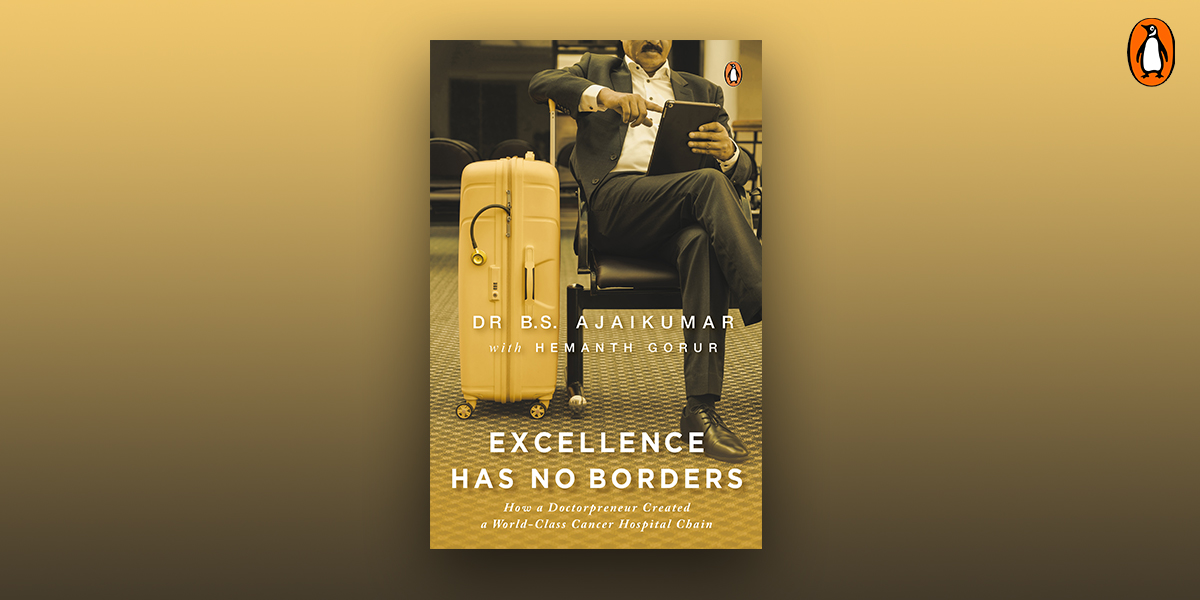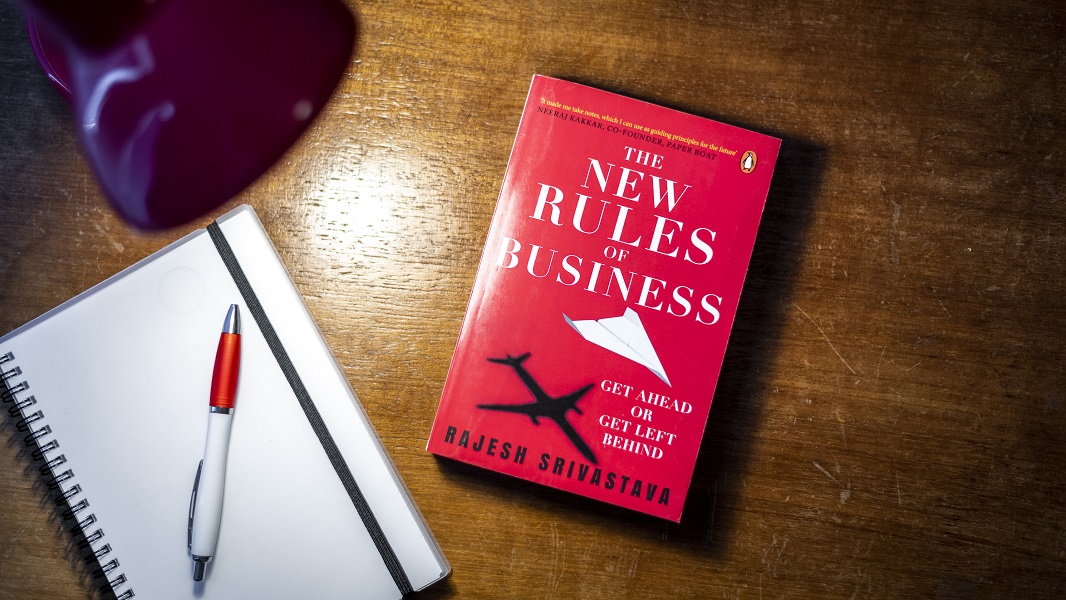Samra Zafar, the author of A Good Wife, witnessed the perils of an abusive marriage early in her life. Being married at 17, when still in school, Samra longed to study in a university abroad and her husband’s family’s promises to support her aspirations soon turned out to be a trap. As soon as she got married and shifted to Canada, her controlling in-laws and abusive marriage weighed heavily on her with every passing day.
When Samra became pregnant with her second child, she made a few futile attempts at running away from the abusive household. However, the diminishing prospect of studying in a university and her father’s death made her realise that her struggle is hers to fight. Samra is an inspiration to all women battling to keep their head above the murky waters of conventional marriage.
Here are some excerpts from inspiring lessons and incidents from Samra’s fight ––
While playing cricket in school one day, a male student who was officiating took a bad call and dismissed Samra and her friends. This called for a punch in the nose by Samra. Soon she was summoned to the principal’s office…
‘When we finally exited the principal’s office, my head was bowed and my shoulders slumped. All of the satisfaction I’d felt at putting that stupid boy right was overshadowed by feelings of guilt and shame. But as we walked outside into the sunshine, my father smiled and bent his head towards mine. … I had forgotten. If fearfulness was to be resisted, so was meekness. “Way to go,” he whispered in my ear.’
Resisting the sexual passes often made at her, she learned to fight back…
‘Suddenly I felt a hand press against my bottom. I whirled around to face the man who had just caressed me. Without a thought, I slapped him across the face—hard. His mouth dropped open as he raised his hand to his burning cheek. His friends burst out laughing as my sisters and cousins gasped in surprise and delight. They had felt the man’s touch too but had been too scared to do anything.’
With the everyday struggle of living in an abusive household, her biggest learning from her husband was how not to treat people…
‘Ahmed would pick me up in the car at the end of my shift. … One day, I couldn’t wait until we got home to go to the washroom. I ducked into the toilets and got back out as soon as I could, but this tiny delay meant that other employees were already exiting into the parking lot. … Before I could even shut the door, however, Ahmed was interrogating me. “Why were others out before you? Where were you?” I tried to say something but he cut me off. “Who were you talking to? What guy were you flirting with?” “Ahmed, I just stopped to go to the washroom!” “Stop lying to me,” he came back. “You love talking with other men. You’re just a shameless whore.” ’
Samra learned that she was brave and confident to take responsible decisions…
’As I packed my suitcase, I made sure to take every bit of paper- work I had—school report cards, Aisha’s birth certificate and vaccination records, bank account information and anything else I thought I might need in the future. Slipping the papers under my folded clothes, I reminded myself not to give Ahmed any hint that I wanted to remain in Ruwais. A week’s worth of relative peace had not expelled my thoughts of escape.’
Often overcome with suicidal thoughts, Samra realized that her past shouldn’t take away her daughters’ right to pursue their goals and dreams…
‘The image of Sonia[my daughter][ hunkered down in the closet, praying for her mother’s safety, just as I had done as a girl, was shattering. Cherri was right. The only way I could prevent the girls from travelling the same road I had was to stay in their lives.’
She never let go of her dreams…
‘All the times I had walked around my bedroom, pretending that I was moving towards a university provost offering a hand and a diploma. And now it was better than I had ever imagined. As I crossed the stage, I could hear Sonia and Aisha hooting and hollering from the audience. I wished so much that they could have been joined by my mother, my sisters, my father. Papa had always said, “One day, my daughter will be a top student at a top university.” If only he could have seen his prediction come true.’
She chose to do the right thing…
‘I had suffered at Ahmed’s hands for nearly a decade, and yet despite the hurt and humiliation I had protected his image with my extended family and his. I had acted the good wife with all his friends. I had done what I was told. But why should I continue to pretend? Why did he deserve this kind of compassion from me? I had been told by the helpline and my counsellors that reporting abuse was important. Now I wanted to do the right thing.’
Despite the troubles that Samra was put through, she realized the power of forgiveness…
‘Through all the years of our marriage, it had been Ahmed who did the talking. I had had no voice in our relationship. But those times were truly past. I was no longer afraid, but what surprised me more, I was no longer angry. All the resentment, the hurt, the humiliation had somehow slipped away. And in its place—a peaceful confidence and the power of forgiveness.’
Even in trying times when life seemed less and less hopeful, Samra took every blow in her stride and kept resisting. Pick your copy of A Good Wife to be inspired by her struggle!







